How long is Chinese New Year? Festivities typically run for 15 days – or 16 if you count Chinese New Year’s Eve celebrations.
The festivities for what is also known as Spring Festival begin on the evening before the first day of the first lunar month, and end with the arrival of the first full moon of the new lunar year.
There are distinct traditions attached to each day of the festival. These are practised widely, but different Chinese communities have their own variations on them. Read on to find out what each of the 15 days holds.
Chinese New Year’s Eve: Families often gather for a lavish dinner, called tyùn nìn faahn in Cantonese or tuán nián fàn in Mandarin. Its literal translation is “united year meal”, and it is a feast that emphasises familial togetherness.
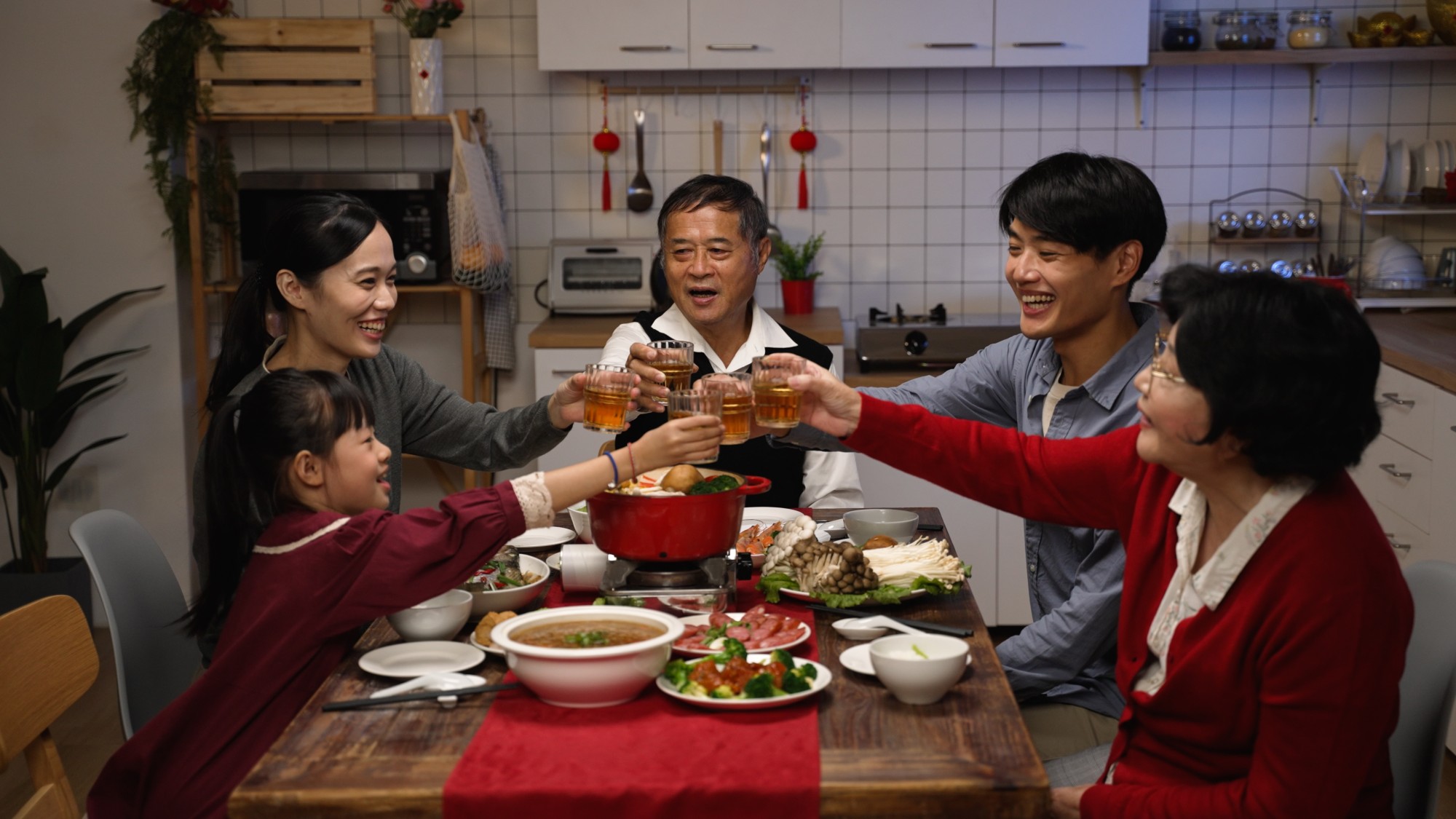
Chinese New Year’s Day: The first day of the new year is meant for paying visits and offering greetings to family members, starting with senior members of the family.
Others race to temples, hoping to be among the first to pay respects to important deities.
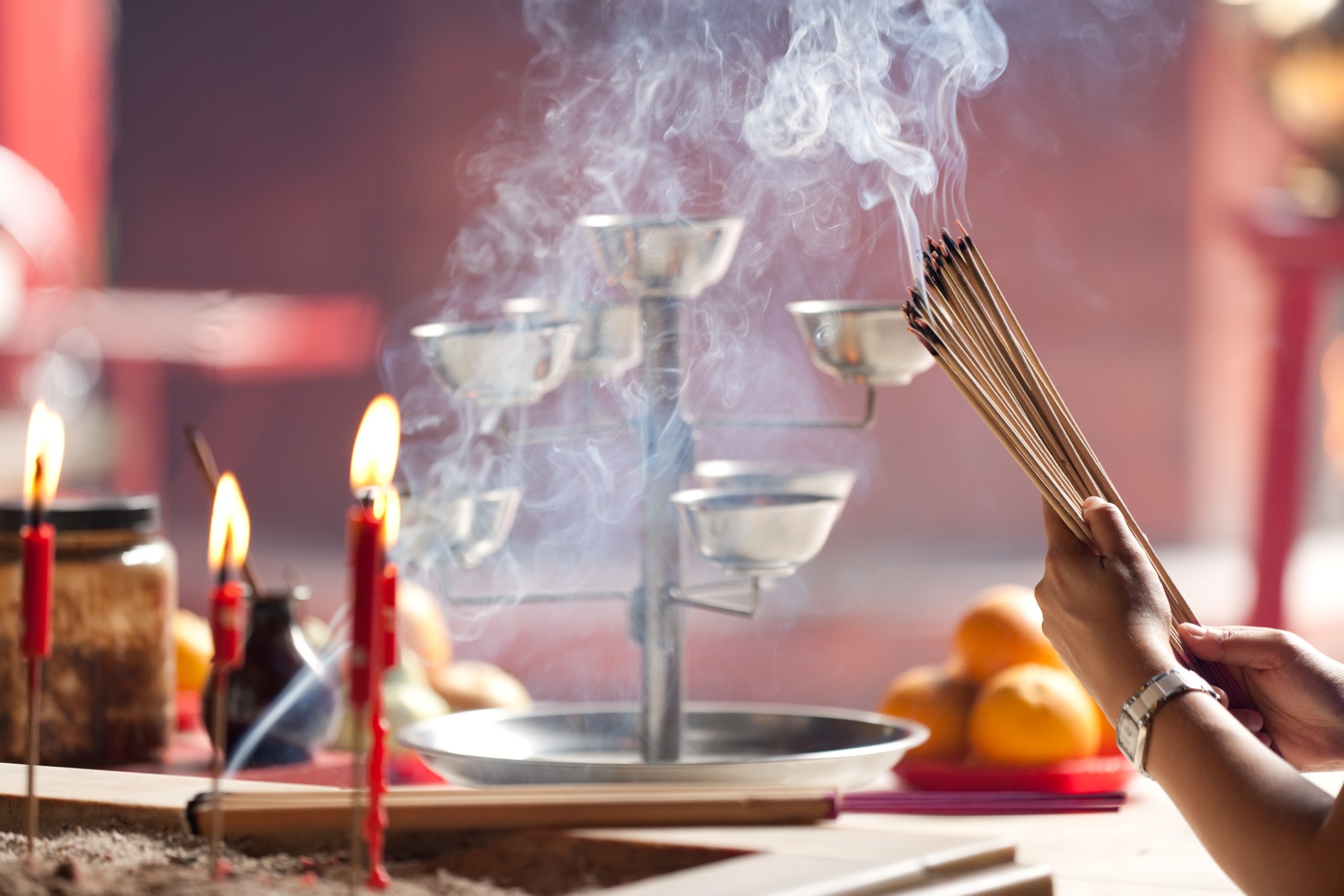
Third day of Chinese New Year: Folk belief holds that it’s easy to cause offence when socialising on the third day of the new lunar year. Thus it is common for the superstitious to spend the whole day at home to avoid the risk of causing such trouble. For the rest it’s a good day to unwind after the busy festivities of the previous days.
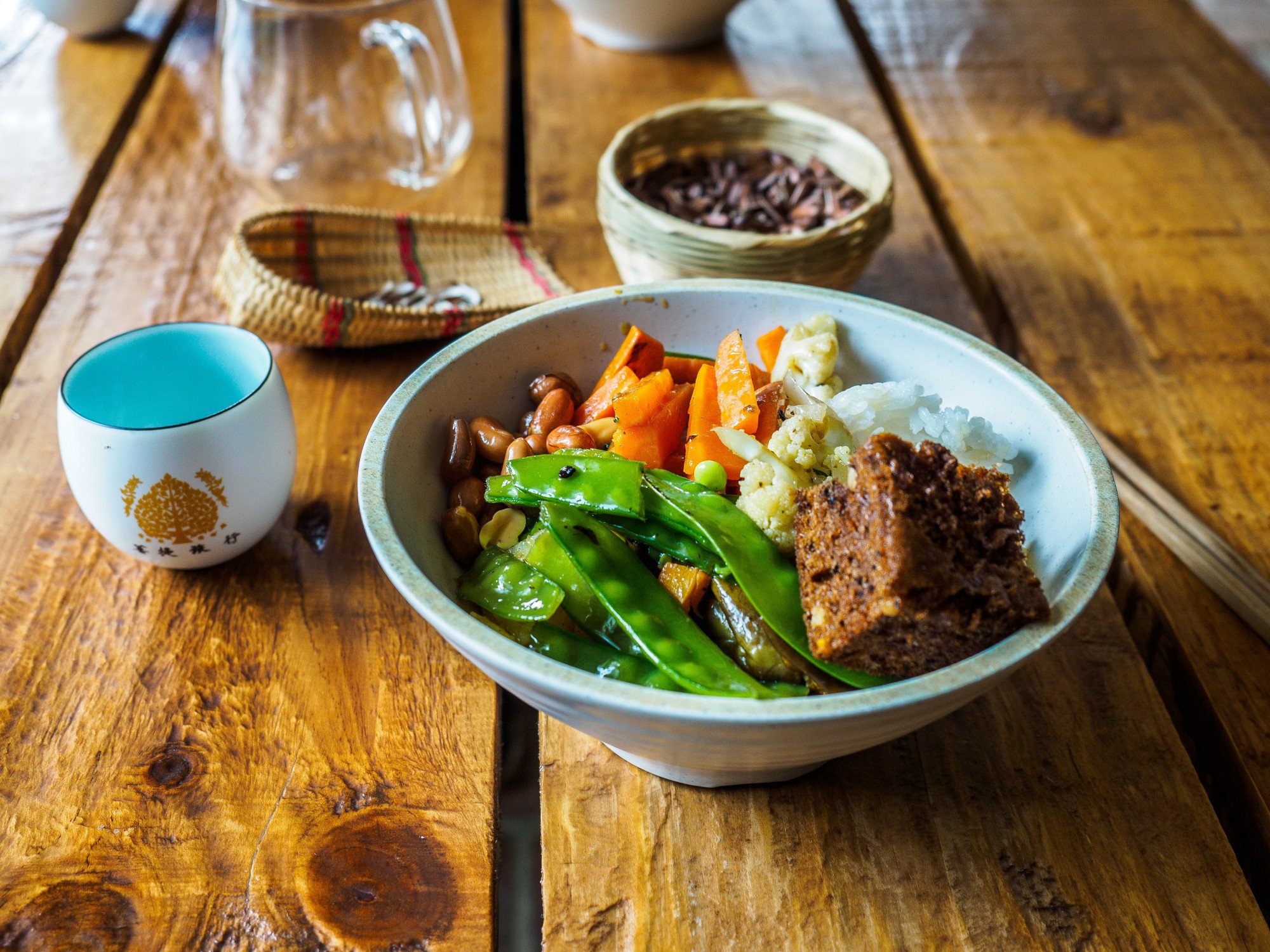
Fourth day of Chinese New Year: The fourth day welcomes the arrival of the Kitchen God. It’s an auspicious day, in contrast to the third day of the new lunar year.
People traditionally stay at home to burn incense and prepare a big feast as a way to greet the deity and ensure a blessed year ahead.
Fifth day of Chinese New Year: It’s believed that day five marks the birthday of the God of Wealth. Shops and businesses reopen on this day and it is considered safe to sweep and clean again without any bad omens affecting you.
5 Chinese Lunar New Year traditions we rarely observe – like not showering
5 Chinese Lunar New Year traditions we rarely observe – like not showering
Sixth day of Chinese New Year: The sixth day of the new lunar year is when you bid any symbols of poverty farewell. This day is dedicated to getting rid of rubbish around the house to invite even more wealth and good fortune in the new lunar year.
Seventh day of Chinese New Year: The seventh day of the new lunar year marks the customary birthday of humankind, commonly referred to as jan jat in Cantonese or rén rì in Mandarin, both of which translate as “People’s Day”.
The day celebrates the creation of humans in Chinese mythology, and marks the day that everyone collectively grows a year older.
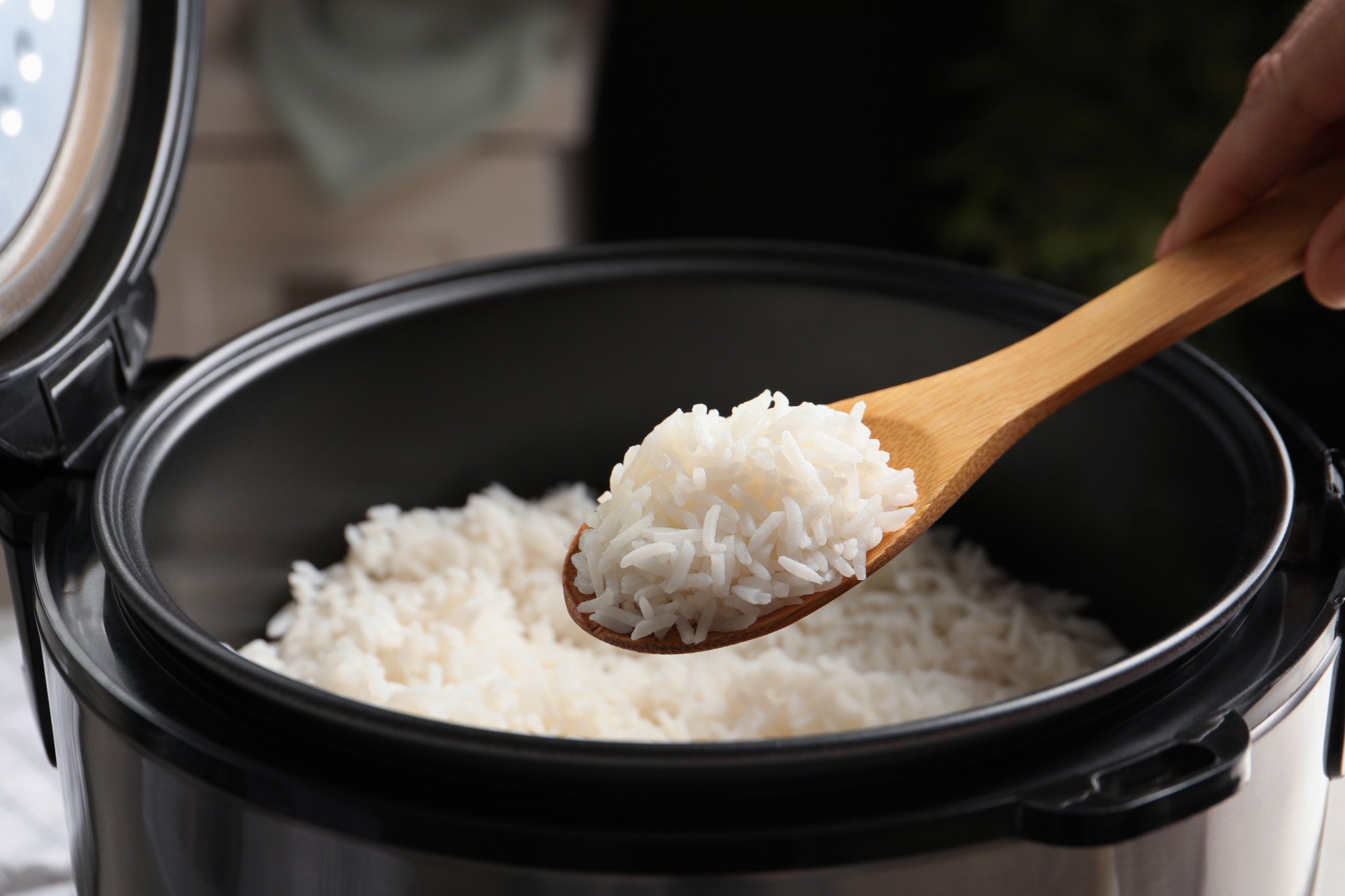
Eighth day of Chinese New Year: The eighth day of the new year marks the birth of rice – the ultimate staple Chinese food – is a celebration of abundant harvests and the importance of agriculture.
Ninth day of Chinese New Year: A celebration of the Jade Emperor’s birthday, the ninth day of the new lunar year is dedicated to the worship of this Taoist deity, with many flocking to temples to pray for his blessings for health and prosperity.
10th, 11th and 12th days of Chinese New Year: The 10th to the 12th days of Chinese New Year don’t carry as much significance as other days. They are considered a time for more socialising and merry gatherings of family and friends.
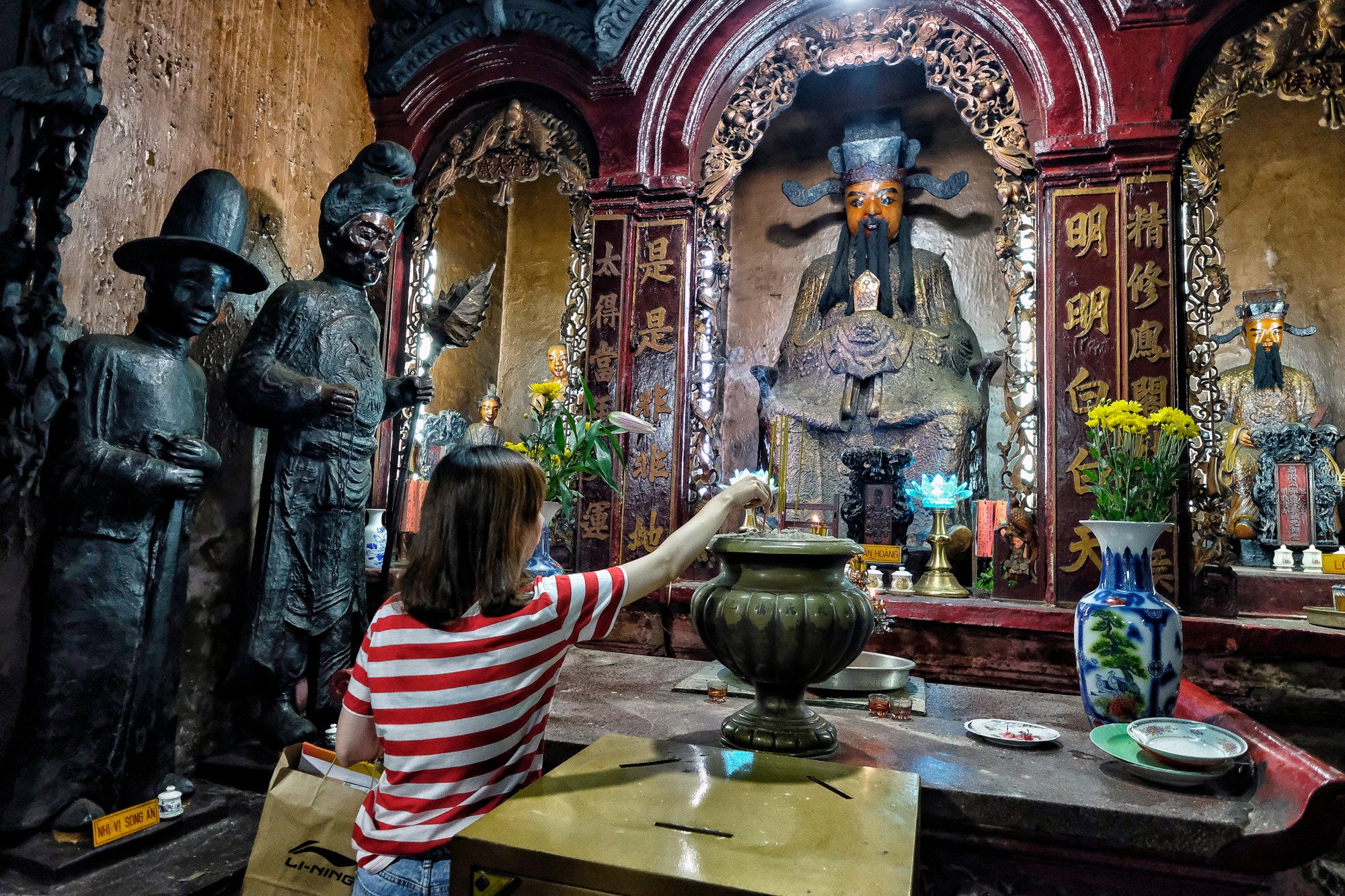
13th day of Chinese New Year: Vegetarian dishes, such as those made with rice and green vegetables, are preferred on the 13th day of the new year. It’s a way to cleanse the body of the rich foods consumed during earlier Chinese New Year festivities.
14th day of Chinese New Year: In preparation for the following day’s Lantern Festival, families often make lanterns and sweet glutinous rice balls called tong yuen or tang yuan, which symbolise family unity.
15th day of Chinese New Year: The culmination of 15 full days of celebrations of the new lunar year, the Lantern Festival – known as jyun siu zit or yuán xiāo jié – is marked by the lighting of lanterns.
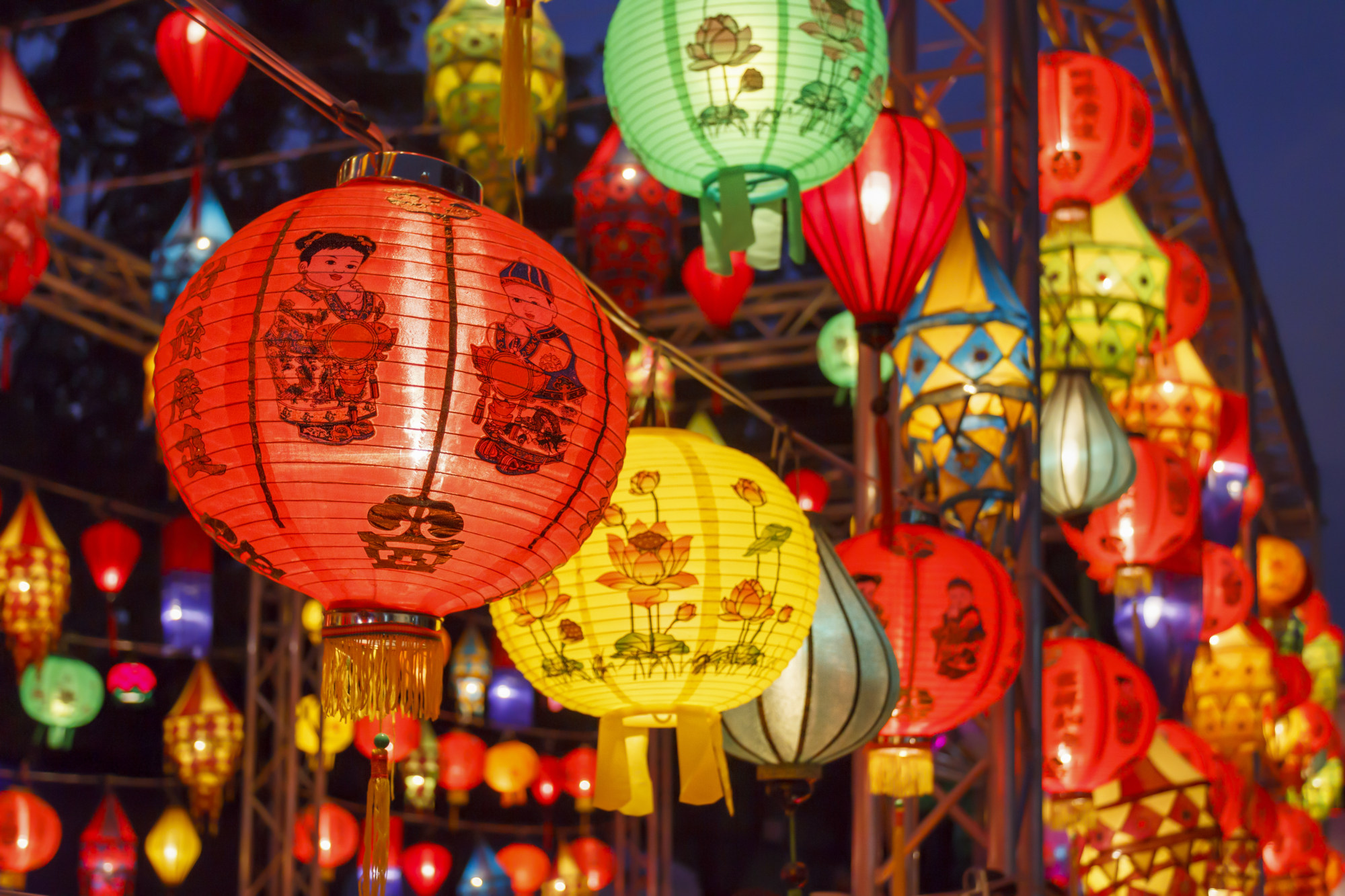
Families gather to enjoy eating the sweet glutinous rice balls they have prepared, which resemble the first full moon of the lunar year.
These time-honoured Chinese New Year traditions, extending over more than two weeks, infuse Chinese families with hope for a prosperous year ahead.

